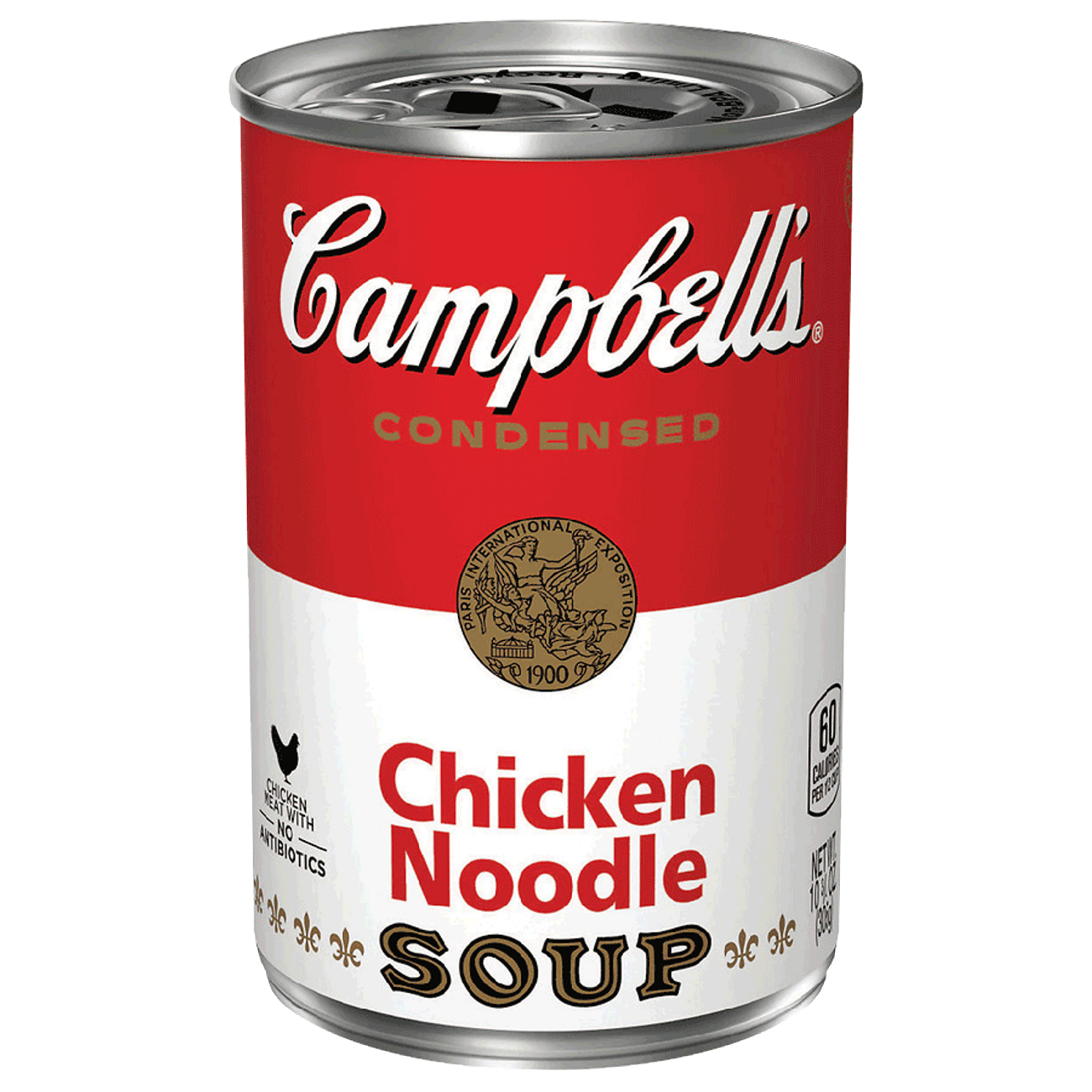Update: Chicken Soup Won’t Stop the Coronavirus
Another look at some common sense recommendations to help protect yourself against COVID-19




Two weeks ago—an eternity in coronavirus time—I looked at some common sense recommendations to help protect yourself against COVID-19. Let’s take another look and see how these recommendations have stood the test of half a month:
This is true, and is likely to be so for perhaps a couple more years. Vaccine development is a careful and methodical process: First, the vaccine has to show some efficacy in the lab on cells. Then it needs to show some efficacy in nonhuman animals, assuming there is a good animal model for the disease, which in our case is that caused by the coronavirus. Then it has to be tried on a few dozen healthy human volunteers in Phase I studies. Next there is a Phase II study on a larger group, perhaps several hundred volunteers. Then it can be deployed on thousands in a Phase III trial, where it would be tested against a placebo to learn more about its effectiveness, safety, and of course any side effects. If the vaccine can pass all of these tests, the Food and Drug Administration (FDA) will approve it. This takes a long time, perhaps two or three years. Defeating this round of coronavirus will not be accomplished with vaccines.
Also still true, but with a couple of caveats: First, there is an international clinical trial of an experimental antiviral medication called Remdesivir that is being carried out by the National Institute of Allergy and Infectious Diseases (NIAID). The current study design will test the drug on about 400 people, half of whom will get the drug and half will get a placebo. In order to get into the trial you have to be very sick with symptoms of coronavirus, so don’t ask your doctor for it unless you are in an intensive care unit.
Two other drugs have received a lot of attention: The malaria and anti-inflammatory drugs chloroquine and hydroxychloroquine. There are test-tube studies and very limited anecdotal reports of the drugs being successfully used in some patients with severe symptoms of coronavirus infection. As a result, the more commonly available hydroxychloroquine is currently being investigated in the United States . On Sunday, New York Gov. Andrew Cuomo announced that the state had received a supply of hydroxychloroquine along with two other drugs, Zithromax (azithromycin) and chloroquine, which would be tested beginning on March 24.
Last week, my healthy neighbor asked me for a prescription for hydroxychloroquine for himself and his three healthy children. I declined. Until the results of these clinical trials are known, let’s not contribute to a rush on these medications, which are needed for the treatment of rheumatoid arthritis and other serious autoimmune diseases.
One other drug in the news has been the anti-inflammatory medication ibuprofen, sold over the counter as Motrin or Advil: A letter published in the medical journal The Lancet last week suggested a theoretical risk from taking this class of medications, and the World Health Organization (WHO) briefly recommended that people with symptoms of COVID-19 infection not take medications like Motrin, but has since walked back this recommendation. To date, there is no scientific evidence linking these over-the-counter anti-inflammatory medications to worse outcomes in patients with COVID-19.
Two weeks ago we mentioned NPIs—the non-pharmacological interventions against the virus. Now that COVID-19 has spread into our communities, these interventions are more important than ever in limiting the disease. By now you know the drill: Wash your hands, cover your face when you sneeze, and for those still going to work, stay home if you become ill. These still remain the most effective ways to decrease the spread of illness.
Face masks remain an area of confusion. Using them is of no risk to the wearer, and they may help a bit, so why not? The Centers for Disease Control and Prevention (CDC), however, has taken the position that facemasks are not recommended for the general public, because most do not effectively filter small particles from the air and do not prevent leakage around the edge of the mask when the user inhales. Remember this if you choose to wear them.
Passover is barely two weeks away and families will need to decide whether to limit invitations to this most beloved of Jewish get-togethers. This question becomes especially important when parents with chronic medical conditions might join their children or grandchildren for the Seder. Each family’s decision will need to be based on the particulars of its own situation, with the understanding that perhaps this year, less may in fact be more.
Jeremy Brown is a physician and historian of science and medicine and works at the National Institutes of Health in Bethesda, Maryland. He is the author, most recently, of The Eleventh Plague: Jews and Pandemics from the Bible to COVID-19 (Oxford University Press), which won a 2024 National Jewish Book Award.